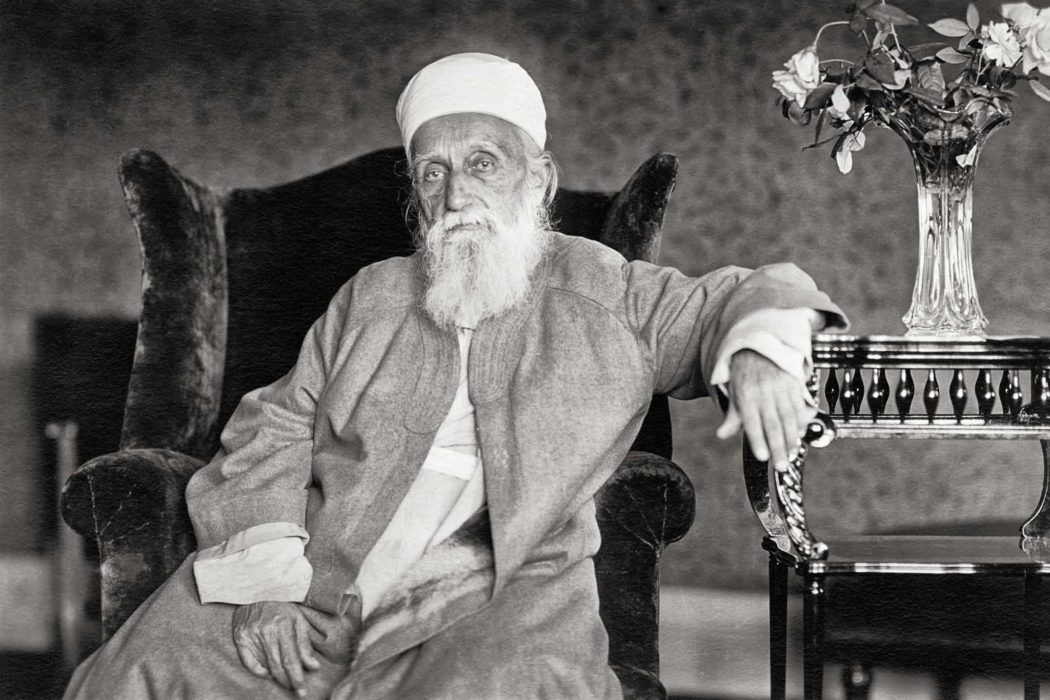THE FIRST OF A fleet of twenty-three ships arrived at the mouth of the Delaware River on October 27, 1682. Commanding the lead ship, the Welcome, was William Penn, a pacifist Quaker with a land grant from the King of England, determined to fashion a utopia in the wilderness.
Penn had suffered imprisonment for his beliefs back in England, and set about building a “tolerance settlement” in the New World where freedom of worship would be absolute. His first act of business was to sign a “Great Treaty” with Tammany, the Chief of the Delaware tribe, a peace pact he never violated.
Thus began Penn’s “Holy Experiment” known as Pennsylvania. The King himself chose the name in honor of Penn’s recently departed father. Penn called the colony’s capital Philadelphia, a name that combined the Greek words for “love” and “brother.”
Penn made good on his promise. Philadelphia emerged not only as a commanding center of Quaker influence, but also as a Presbyterian stronghold, the national headquarters for the American Baptists, a place where Catholics and Anglicans worshiped in safety, and a refuge for German Lutherans and Mennonites. In due course the city would play host to the first independent black denomination in America: the African Methodist Episcopal Church.

Philadelphia became the busiest port and largest city in the Thirteen Colonies, and a hotbed for those who demanded independence. On May 10, 1775, representatives from the colonies gathered on Chestnut Street in the Pennsylvania legislature to bring matters to a head. Five days later they declared the colonies in a state of defense. By June 14, they had nominated George Washington as commander-in-chief of the Continental Army. The next July they issued the Declaration of Independence, whose words rang throughout both the Old World and the New.
Among those forging the Declaration was Philadelphia’s leading citizen, and the man responsible for virtually all of its progressive public institutions, Mr. Benjamin Franklin. Franklin defines the American ethos of hard work, education, community spirit, and both political and religious freedom. He was heir to Penn’s experiment, adding to it the scientific and rational ideals of the Enlightenment to forge a truly American identity.
He became known as “The First American.”
Penn’s City of Brotherly Love continued to attract those dedicated to the experiment well into the next century. Russell Conwell — a Civil War veteran, lawyer, author of ten books, and ordained American Baptist minister — arrived in Philadelphia in 1882.
Conwell held classes at his church to tutor adults in university subjects, in tune with Penn’s and Franklin’s commitment to improving their fellow men. By 1884 his effort had become Temple University. By 1912 the Baptist Temple — Conwell’s church — was surrounded by three hospitals and his congregation was one of the largest in America. It was here that Pastor Conwell welcomed ‘Abdu’l-Bahá to speak, on June 9, 1912.
In tomorrow’s feature, ‘Abdu’l-Bahá addresses a crowd of 2,500 at Russell Conwell’s Baptist Temple in Philadelphia.






